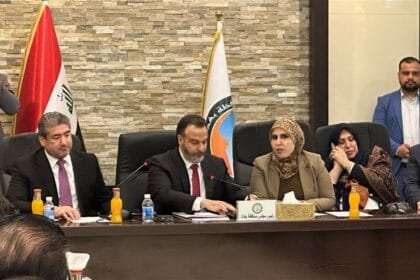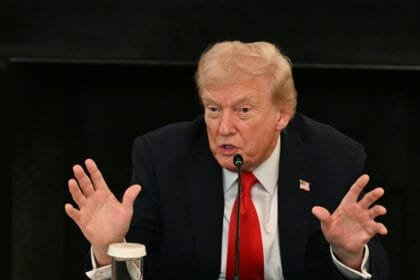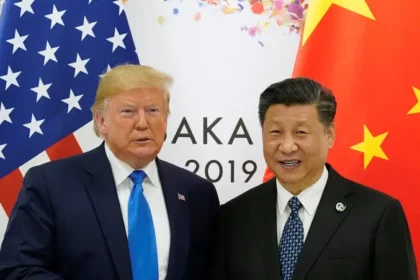Damascus, Syria – Director of the Arab Affairs Department at the Syrian Ministry of Foreign Affairs, Muhammad Taha Al-Ahmad, revealed what was agreed upon between Syria and Lebanon.
This comes at a time when Syrian Foreign Minister Asaad al-Shaibani described his visit to Beirut on Friday as positive and opened a new page with Lebanon.
Al-Ahmad explained that the two sides reached an agreement to “hand over Syrian prisoners, except for those whose crimes resulted in innocent blood.”
“fabricated charges”
He also added in television statements on Friday evening that the ministry raised “the issue of detainees in Lebanese prisons in three meetings, and communicated directly with the Lebanese side.”
He continued, stressing that “the Lebanese side’s response is very good”, expressing his hope to turn the page on the past between the two countries.
In addition, he pointed out that “there are many fabricated charges against Syrian detainees in Lebanese prisons”.
Hundreds of Syrian detainees in Lebanon have carried out protests over the past months, demanding their release and return to their country.
They claimed that they were arrested for opposing the former regime, while others complained about the harsh conditions they lived in in ill-equipped prisons.
Thousands of Syrian detainees
It is noteworthy that about 2,250 Syrians are languishing in Lebanese prisons, constituting about a third of the total prisoners, according to what a judicial source previously revealed to Agence France-Presse.
He explained, “About 700 of them meet the extradition conditions, but the matter requires a new agreement between the two countries”.
Among these Syrian prisoners are hundreds arrested on charges of “terrorism” and belonging to extremist organizations and armed factions, and they have been referred to the military court.
Others are accused of launching attacks against the Lebanese army in border areas at the height of the Syrian conflict that broke out in 2011.
During the Assad family’s rule of Syria, Damascus exercised significant political dominance over Lebanon that lasted three decades.
It has also been repeatedly accused of assassinating Lebanese officials and confiscating sovereign and political decisions in light of the deployment of its military forces there.

















